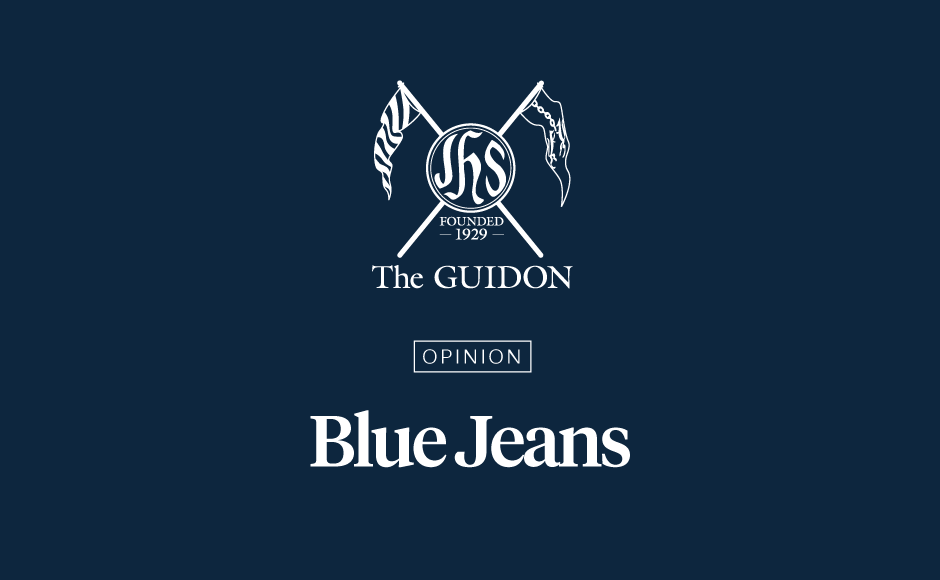Watching the news the other week made me feel sick. That isn’t a figure of speech—I did begin to feel nauseous at the idea that Senator Leila de Lima had been ousted from her position as chair of the Senate Committee on Justice and Human Rights. I was exhausted that day, and coming home to this eruption of news was the last thing I expected.
Of course, this was but one episode within the larger and more complicated drama that is Philippine politics. Day after day, one can’t help but feel bits of confusion, shame, or even anger after hearing our President’s latest remark, or after reading Spokesperson Ernesto Abella’s attempts at rectifying these remarks. And although we’re all familiar with it by now, there’s just no getting used to the war on drugs, where human lives are being extinguished by the dozen every single week.
It’s easy these days to feel a little less hopeful, a little more helpless, with each and every news cycle that comes to pass. The weight exerted by the news on our personal and collective selves is all too palpable, and sometimes it seems easier to just stop listening. But we can’t completely disconnect ourselves from news outlets—doing so induces ignorance. How can we take in the news, then, without succumbing to anxiety?
While there is no simple answer to this question, I think it’s interesting to note how listening to or reading the news is more often than not a vicarious experience. The story is virtually never about you, at least not exactly. And yet it affects you, and there’s something at stake. Despite the literal and figurative distances, we find ourselves caring about people we’ve never met, and situations we haven’t been in.
In short, viewing the news can be an exercise in empathy: In seeing other people not through your own pre-conceived notions but through their experiences, their joys and their sorrows. Listening to the news can help us understand what happens outside of our own lives, and this, in turn, allows us to better see ourselves in connection to one another as equivalent parts of something greater than ourselves, namely, our country.
The stories told by the news are similar to the novels and fictional narratives that occupy our imagination: There are perceived villains and perceived heroes, vast patches of gray areas, and a host of opportunities for readers to make sense of the story by themselves. Like fiction, news stories provide us with characters to identify with, and with chances to think critically.
Although unlike fiction, the consequences of these news stories are real and inescapable—and this all the more underscores how these stories need to be understood and taken in context if we are to allow ourselves to be moved by them.
Mass media institutions will always be present in our lives, from the moment we were born till the day we pass away. And the stories that it captures on a day-to-day basis effectively weave the larger narrative we call history. What is important, I think, is whether we can see not just our worst fears in these stories, but also our hopes and our aspirations for the country. We can’t control how history will turn out, but we can, and in many ways should, rethink our relationship with the news.




